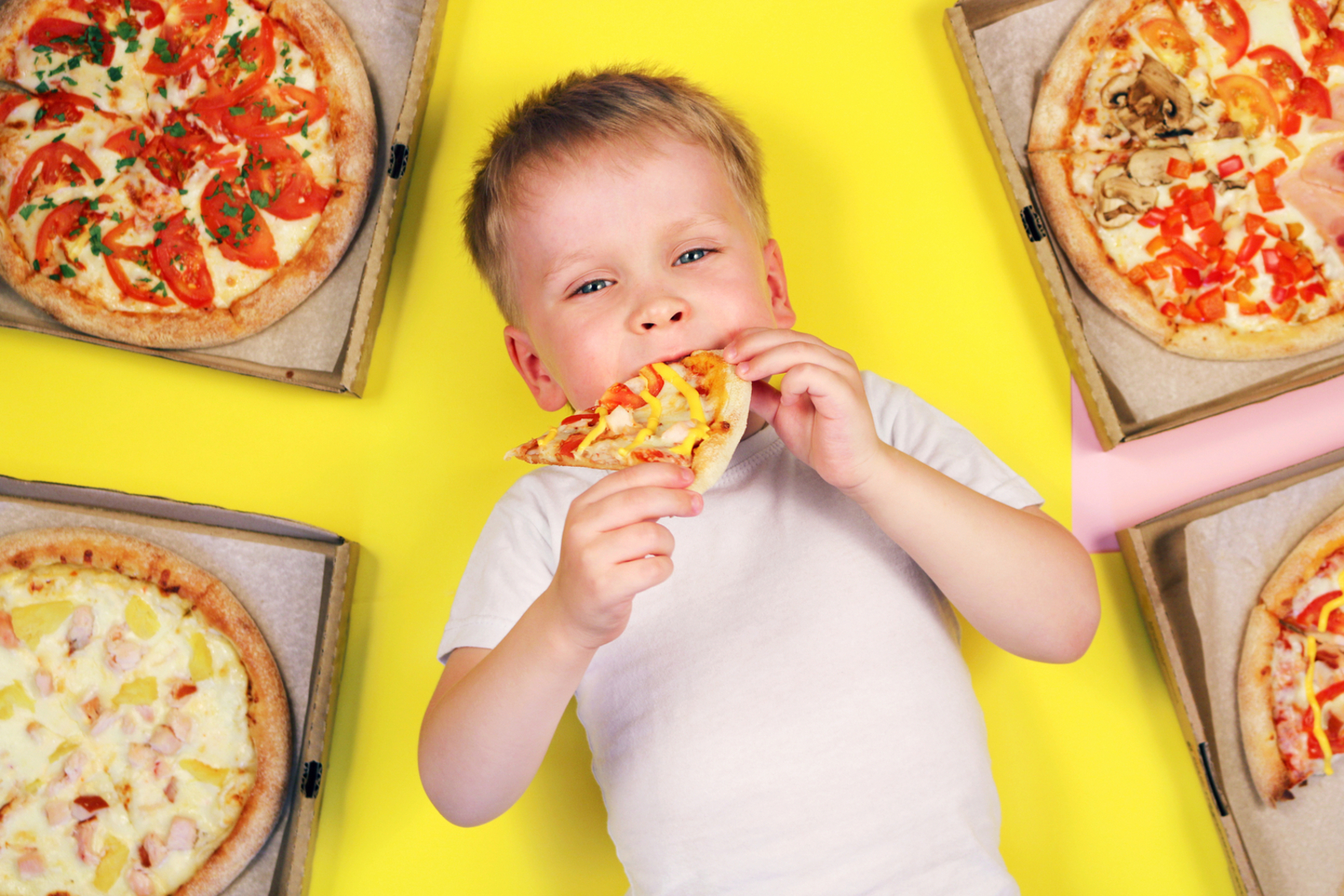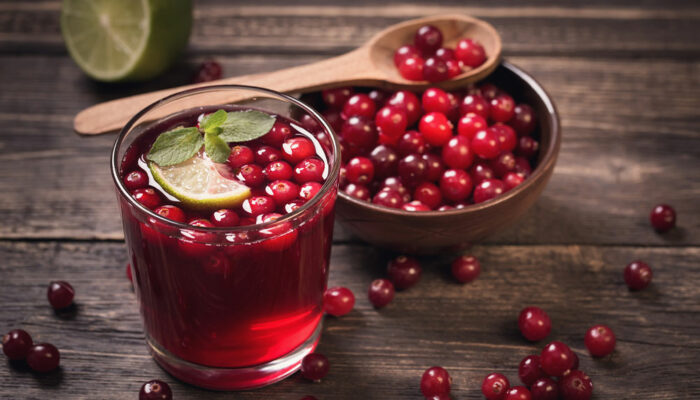
Foods Kids Love That Are Linked With Cancer
In the realm of children’s nutrition, parents strive to provide meals that are not only delicious but also nutritious. However, there’s a growing concern about certain kid-friendly foods that, surprisingly, have been linked to cancer risks. As parents prioritize their children’s health, it’s essential to be aware of these unexpected culprits. Additionally, for those navigating cancer treatments, such as Opdivo and Yervoy immunotherapy, understanding dietary factors becomes even more critical. Amidst this concern, supporting cancer donation organizations, such as the American Cancer Society or St. Jude Children’s Research Hospital, can play a crucial role in advancing research and supporting families affected by cancer. In this article, we’ll explore some beloved foods that kids adore but are associated with cancer risks, shedding light on the intersection of childhood favorites and health concerns.
1. Processed meats
A lunchbox staple, processed meats like hot dogs and deli meats are a favorite among kids. However, these meats are often linked to an increased risk of colorectal cancer. High levels of preservatives and additives, such as nitrites, used in these meats are believed to contribute to cancer development. For families navigating cancer treatments like Opdivo, opting for healthier protein alternatives becomes crucial.
2. Sugar-laden snacks
Sweet treats like candies, cookies, and sugary cereals are undeniable favorites for kids. Unfortunately, excessive sugar intake is associated with obesity, which, in turn, increases the risk of various cancers. Creating a balance by incorporating healthier snacks into a child’s diet can contribute to overall well-being, especially for families dealing with the challenges of Opdivo and Yervoy immunotherapy.
3. Sugary beverages
From sodas to fruit juices, sugary beverages are often high on the list of kids’ preferences. However, these drinks are linked to an increased risk of obesity, type 2 diabetes, and certain cancers. Opting for water, herbal teas, or diluted fruit juices can be a healthier alternative, particularly for those considering the implications of Opdivo and Yervoy immunotherapy.
4. Highly processed foods
Packaged snacks, including chips, crackers, and flavored popcorn, are convenient options for on-the-go munching. Yet, these highly processed foods often contain trans fats and excessive sodium, contributing to health issues such as obesity and heart disease, which are linked to cancer risks. Incorporating whole foods and homemade snacks can be a better alternative for both kids and families dealing with Opdivo cancer medication or Yervoy immunotherapy.
5. Fast food fare
Burgers, fries, and nuggets are often quick and satisfying choices for busy families. However, the high levels of saturated fats, salt, and additives in fast food are associated with an increased risk of cancer, particularly colorectal cancer. Exploring healthier, homemade versions of these favorites can be a mindful approach for families, including those on the journey with Opdivo and Yervoy immunotherapy.
6. Artificial food colorings and additives
Brightly colored candies, cereals, and snacks often contain artificial food colorings and additives that are associated with hyperactivity in children. Additionally, certain studies have explored the potential link between these additives and cancer. Opting for natural alternatives and whole foods can be a healthier choice for families, regardless of their health journey, including those incorporating Opdivo and Yervoy immunotherapy into their treatment plans.
As parents prioritize their children’s health, it’s crucial to be mindful of the potential health risks associated with some popular kids’ foods. For families navigating the complexities of cancer treatments, such as Opdivo and Yervoy immunotherapy, making informed dietary choices becomes even more critical. Striking a balance between delicious and nutritious options can contribute to the overall well-being of children and their families.



